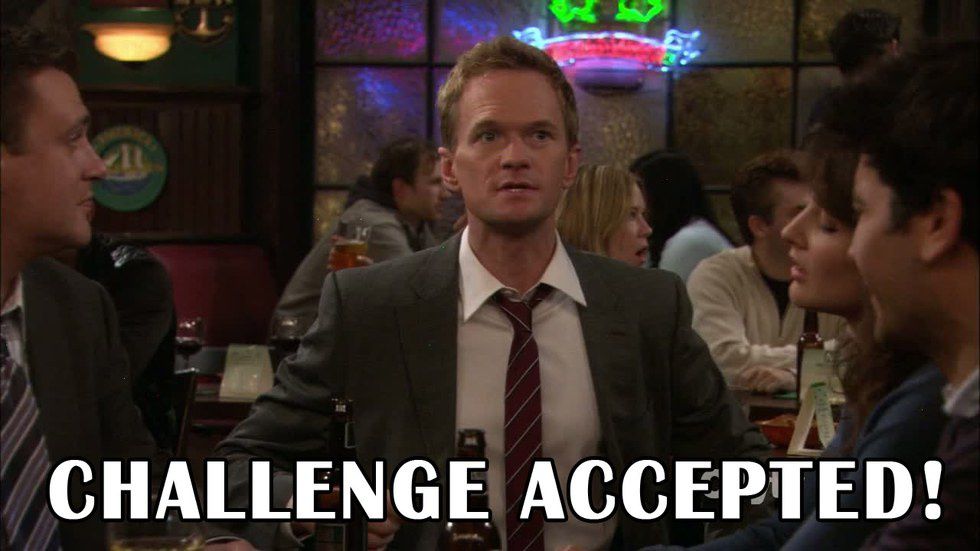While implicit bias is a problem predominantly affecting those with social privileges (privileges can include being white, straight, wealthy or financially well-off, of the dominant religious sect, a cis male or possessing citizenship, depending on the specific situation) it is still a problem, nevertheless. A person with privilege in a biased society should feel morally obligated to address these prejudices and stand up against them. Below are a few ways that you as an activist can reach out to family members who may be exhibiting signs of prejudice.
Let them know that you still love them.
Many times, those perpetuating prejudiced views do not even realize that their views are hateful or harmful. Sometimes, privilege can be blinding. Is it possible to still love people who unknowingly perpetuate views that harm other people that you love? Yes, but it's not easy to do, and it takes a lot of patience.
"Darkness cannot drive out darkness, only light can do that. Hatred cannot drive out hatred, only love can do that.” –Reverend Martin Luther King, Jr.
However, explain that you cannot ignore oppressive words or actions.
This one should be pretty obvious. Recognizing your own privileges in society comes with a responsibility to use those privileges to stand up for those who don’t yet have such privileges. It is a moral obligation. While you should always stay respectful, you should never stay silent.
“If you are neutral in situations of injustice, you have chosen the side of the oppressor.” –Desmond Tutu
Introduce them to your loved ones within communities of oppression.
Chances are, if members of your family are subscribing to hateful or harmful rhetoric against those in oppressed communities, they have never had loved people within those communities. Of course, as an activist willing to fight for the people in those communities, you may have many loved ones within those communities. Loved ones whom you listen to, and believe when they explain to you how these aspects of society make them feel, and what it is like for them to live in a society where they are often made to feel unwelcome. Diversity is the key to comprehension. If your friends are willing and feel comfortable in helping, introduce them to your family members who suffer from implicit biases. Sometimes, exposure to real people within these communities can help to eliminate these biases.
“It is not our differences that divide us, it is our inability to recognize, accept, and celebrate those differences.” –Audre Lorde
It's hard to watch your loved ones in oppressed communities suffer, but it is also hard to watch others you love become their oppressors. Though it may be easy to address these issues in strangers, peers and colleagues, it can be more difficult to address them when you see members of your own family perpetrating racist, sexist, homophobic or xenophobic viewpoints. Sometimes, they will not be able to recognize the places of hatred and privilege that these viewpoints come from, but other times, all they need it a little help and a little more knowledge.
























